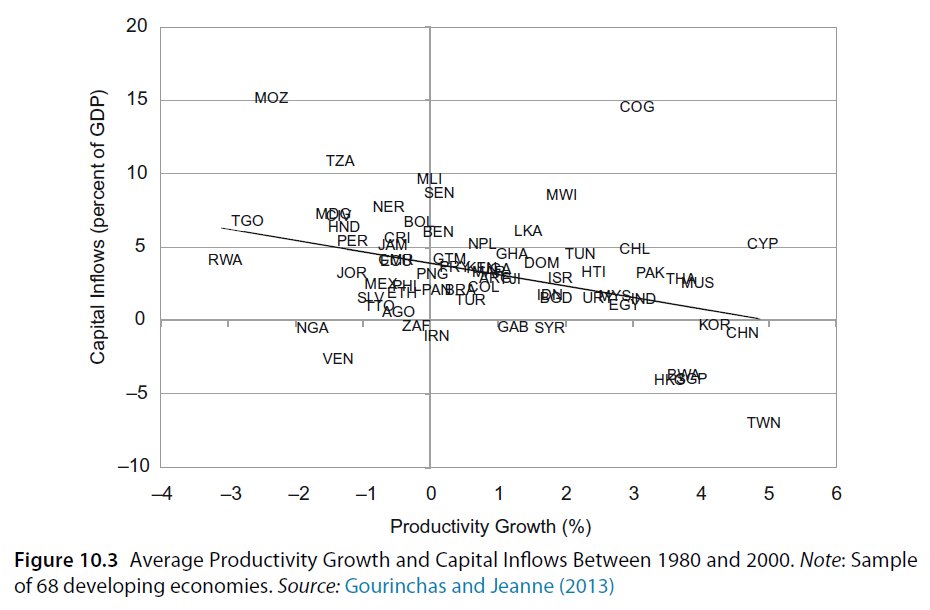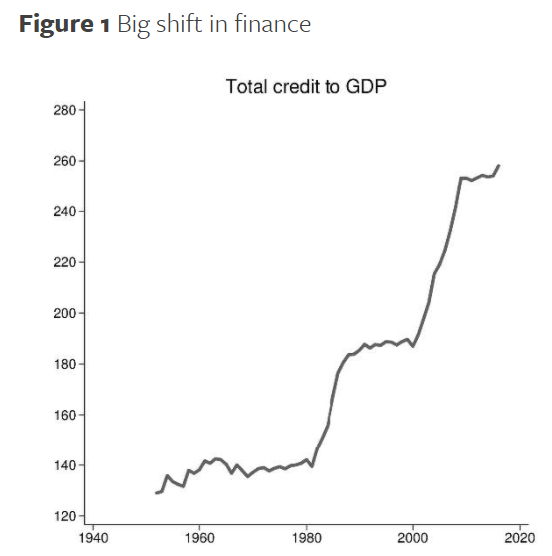
#1 Appointment and Delegation
Perhaps the most important task of a chief executive, e.g. PM, is that, (a) she appoints the very best people to lead key areas, and (b) delegates proper authority to them
Perhaps the most important task of a chief executive, e.g. PM, is that, (a) she appoints the very best people to lead key areas, and (b) delegates proper authority to them
https://twitter.com/AtifRMian/status/1422984711849267208
Poor countries need to "build stuff" from the ground up - they are poor precisely because they lack the systems, infrastructure and institutions that are necessary for development
Building this stuff is hard - it requires skills that only a very few typically have
Building this stuff is hard - it requires skills that only a very few typically have
A rich country can afford to appoint incompetent people once in a while because the quality of its systems hedges against incompetence at the top - but a poor country does not have this luxury.
In poor countries, incompetent appointments only perpetuate the cycle of misery
In poor countries, incompetent appointments only perpetuate the cycle of misery
However, selecting the right person is not a simple problem
e.g. how does a PM figure out the best person for a niche area like energy? Can she resist nepotism or the usual sycophants that surround power?
e.g. how does a PM figure out the best person for a niche area like energy? Can she resist nepotism or the usual sycophants that surround power?
So a lot of thought, care and energy needs to go into this important question
If you want to forecast the performance of a government, just look at the quality of its top 10 appointments
Unfortunately, the fate is usually sealed at this stage
If you want to forecast the performance of a government, just look at the quality of its top 10 appointments
Unfortunately, the fate is usually sealed at this stage
As hard as it is, appointing the right person is not sufficient. One has to give him the appropriate discretion and authority - this is where delegation comes in
Sometimes a good person is appointed at the top, but then her hands are tied one way or another - delegation is key.
Sometimes a good person is appointed at the top, but then her hands are tied one way or another - delegation is key.
• • •
Missing some Tweet in this thread? You can try to
force a refresh






